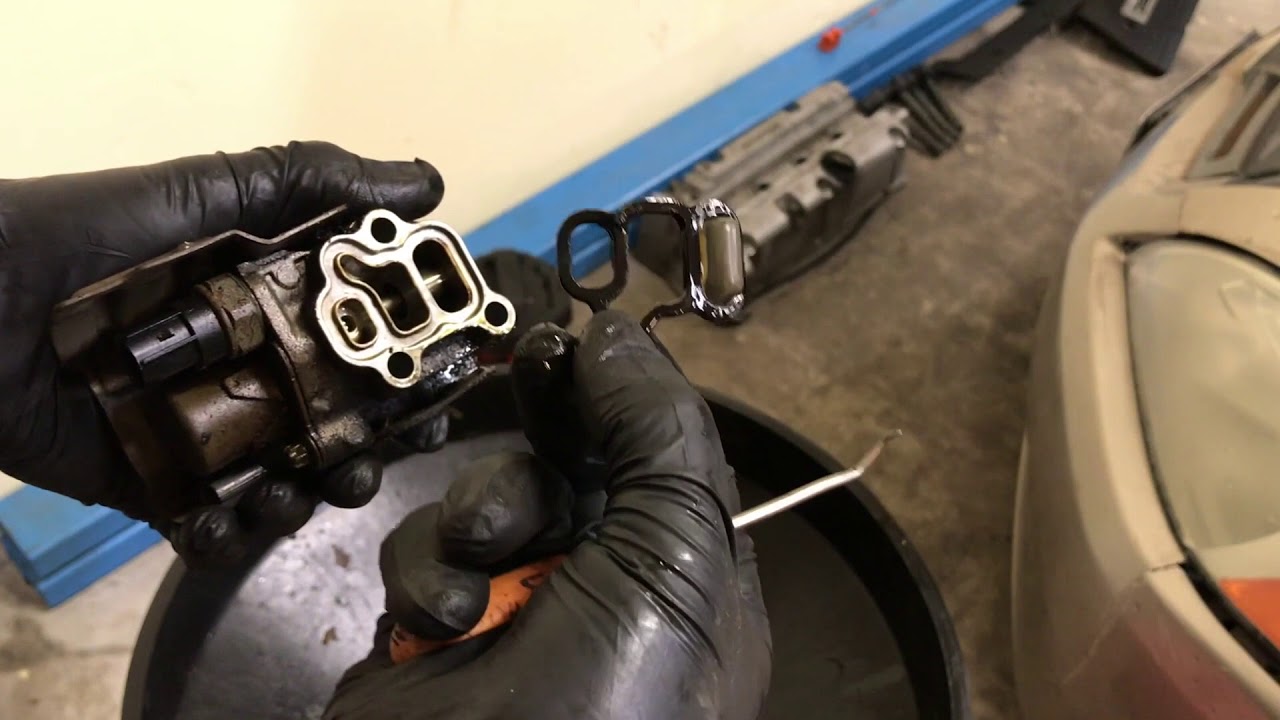2002 Honda CR-V Oil Leak Passenger Side, If you have a 2002 Honda Crv that has an oil leak passenger side, there are a few things that you can check to get the problem solved. To start with, you need to make sure that the oil level is in the correct place. Also, you need to inspect the exhaust manifold and crankshaft seals. You can also check the brake rotors and oil level.
Check the oil level
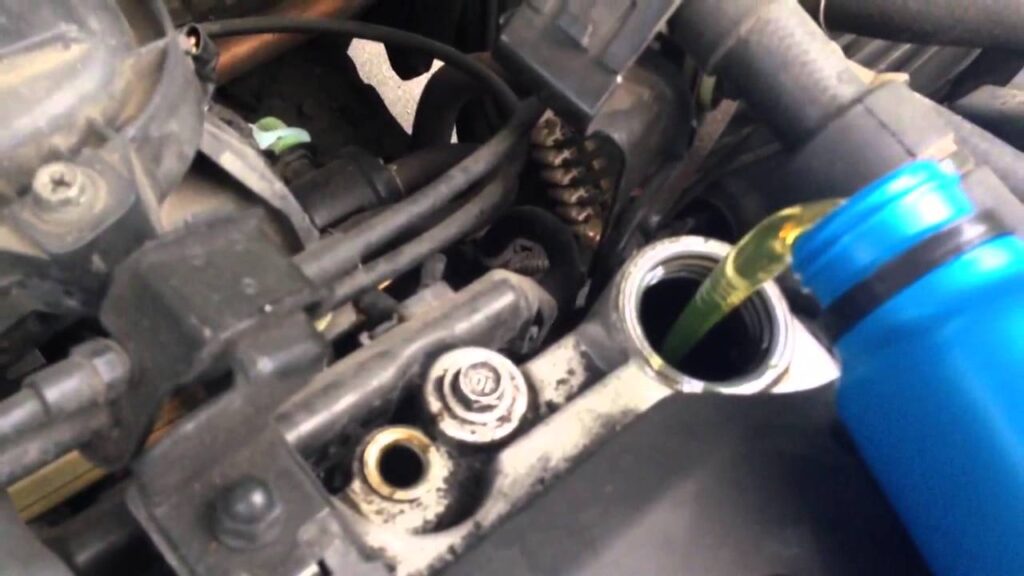
Honda CR-V owners should check the oil level in their car on a regular basis. This simple task helps extend the life of your engine and keep it running smoothly.
Using the dipstick in your vehicle is an effective method for checking the oil. You should check your engine’s oil levels at least once every year. The correct amount of oil is necessary to maintain the lubrication of all metal parts in your engine.
Getting an accurate oil reading is easy as long as you know how to use the proper dipstick. Depending on the model of your car, there are different methods of indicating the correct oil level.
Before starting your CR-V, make sure the oil level is at the correct level. If you’re not familiar with the procedure, it’s best to get a certified mechanic to do the check for you.
You should also remember that a low oil level can be a warning sign that there is something wrong. In this case, it’s best to stop driving the vehicle until the problem is resolved.
Check the brake rotors
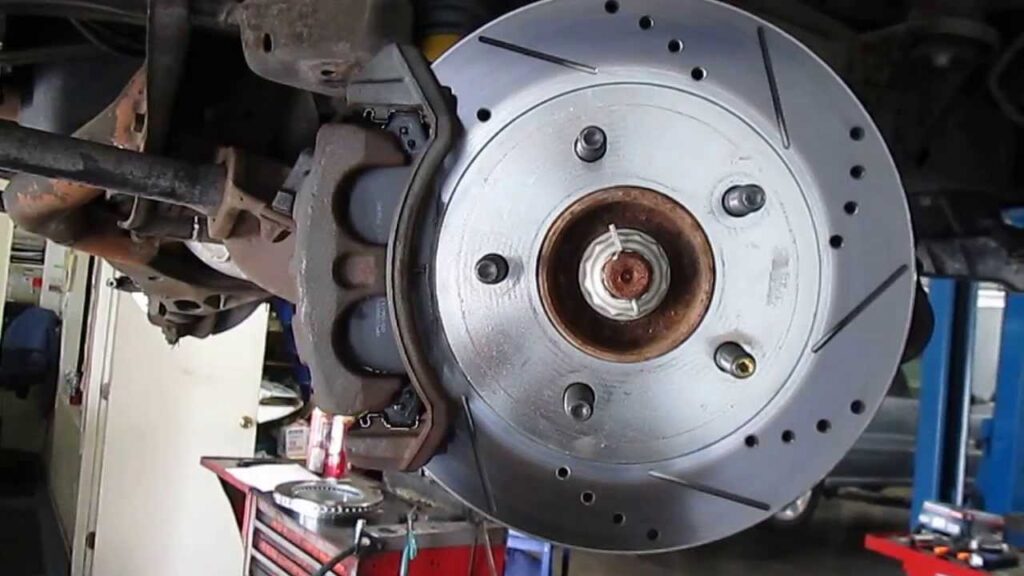
The Honda CR-V has been a popular compact SUV for years. Its reliability has won it awards for safety. However, it has a few common problems that drivers should be aware of.
First, make sure you check the brake rotors on your 2002 Honda CR-V. If they are worn out, you should replace them. A worn brake rotor causes brake pads to wear faster.
Brake rotors should be replaced at least once a year. Check the rotors with an infrared thermometer to find out if they are hot. You can also spray them with an aerosol rust preventative to keep them from rusting.
If you are experiencing a burning smell, you may have a leak. You should check for leaks on the rotors and the master cylinder. Another way to check for a leak is to remove the brake fluid reservoir. This can be difficult to do.
In addition, you should inspect the exhaust system. If you notice a burning smell or smoke rising from the engine compartment, this is a sign that your vehicle’s exhaust manifold is leaking.
Check the crankshaft seals
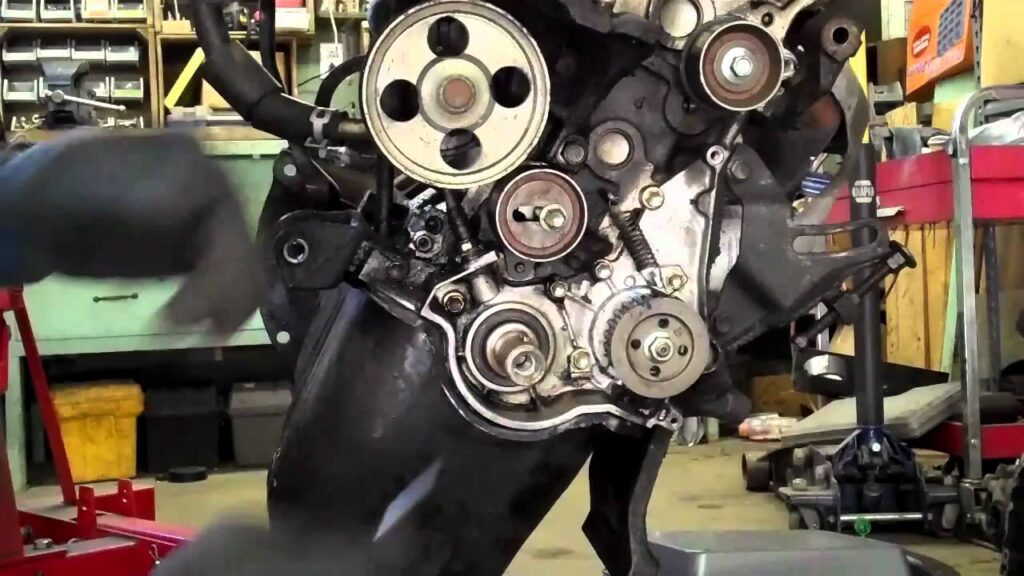
If your 2002 Honda crv oil leaks, there are some things you should look for to find the source of the problem. You need to inspect the crankshaft seals and make sure they are in good condition. Having a broken or defective seal can result in oil leaking from the engine, which can lead to costly repairs.
The first step is to remove the engine/transaxle/subframe assembly from the bottom of the van. It may be helpful to use a shop towel to clean the mounting surface of the seal.
The crankshaft seals are located at the front and rear of the crankshaft. They are designed to prevent the transmission of engine oil to the crankcase. Normally, they are installed in front timing covers.
A faulty crankshaft seal can cause an oil leak, which can be hard to detect. However, there are some common symptoms that you can look for.
One of the most common symptoms is a puddle of oil on the ground. Oil puddles appear when your car is parked or when you drive.
Check the exhaust manifold
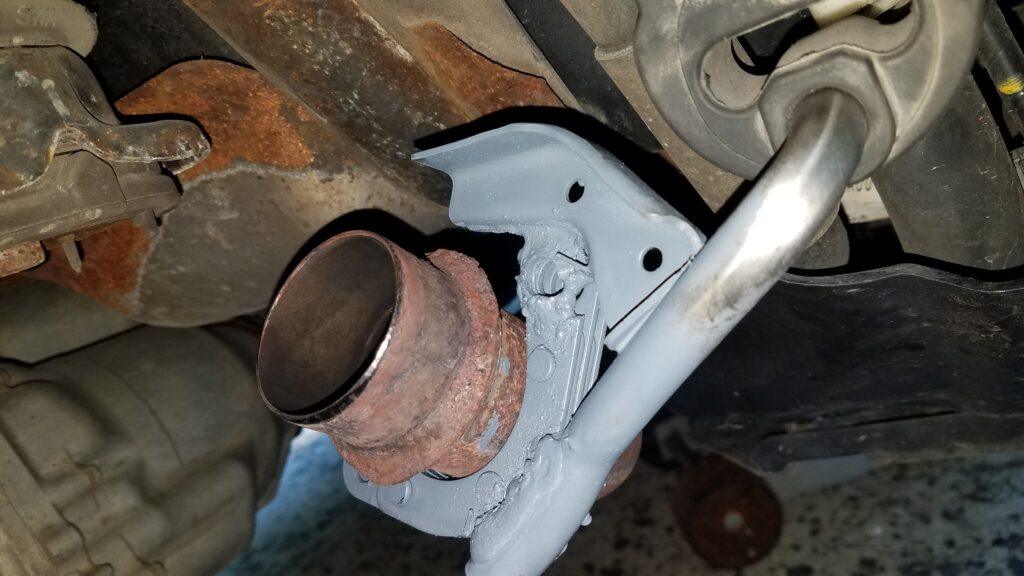
If you hear a strange noise coming from your 2002 Honda CR-V, it may be a problem with the exhaust manifold. Leaking exhaust can be a serious issue. A leak can cause your engine to choke on the exhaust, reducing power and performance. It can also cause hazardous carbon monoxide fumes to enter your passenger compartment.
The gasket on an exhaust manifold is a complex part that must be able to withstand high temperatures and pressure. Exhaust manifolds are made from heavy duty materials. These are usually stamped steel or cast iron.
Oil leaks can affect the oxygen sensors located in the exhaust system. When an oil leak occurs, it can cause the exhaust to become hot and can damage the sensor.
An oil leak can also lead to a burning smell in your vehicle. This odor is caused by the oil dripping onto the exhaust system. Normally, the odor will go away after a few hundred miles. But if it persists, the exhaust system might have melted components.
Editor’s advice; Why You Should Change Your Oil in Your 2001 Honda CRV
